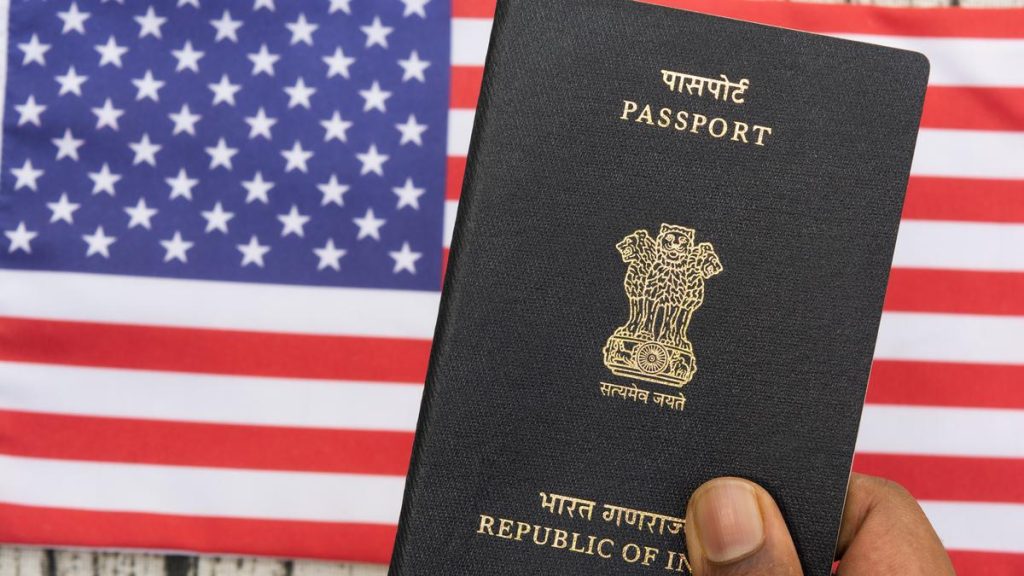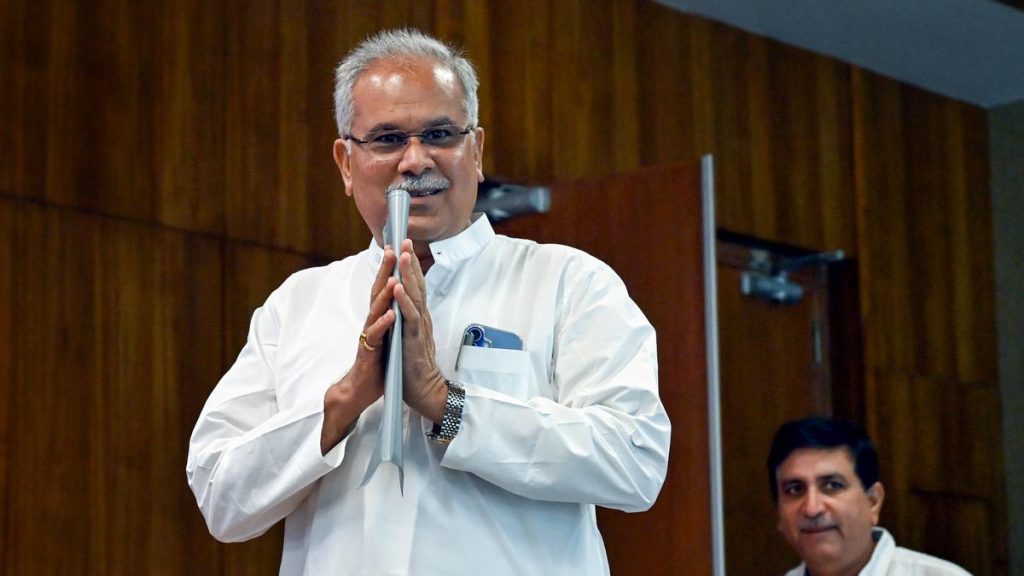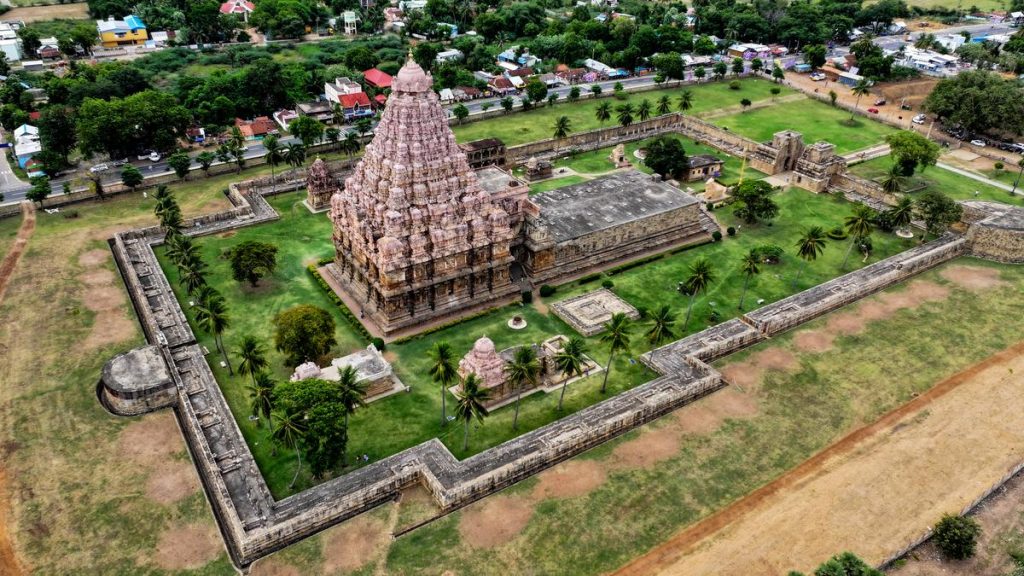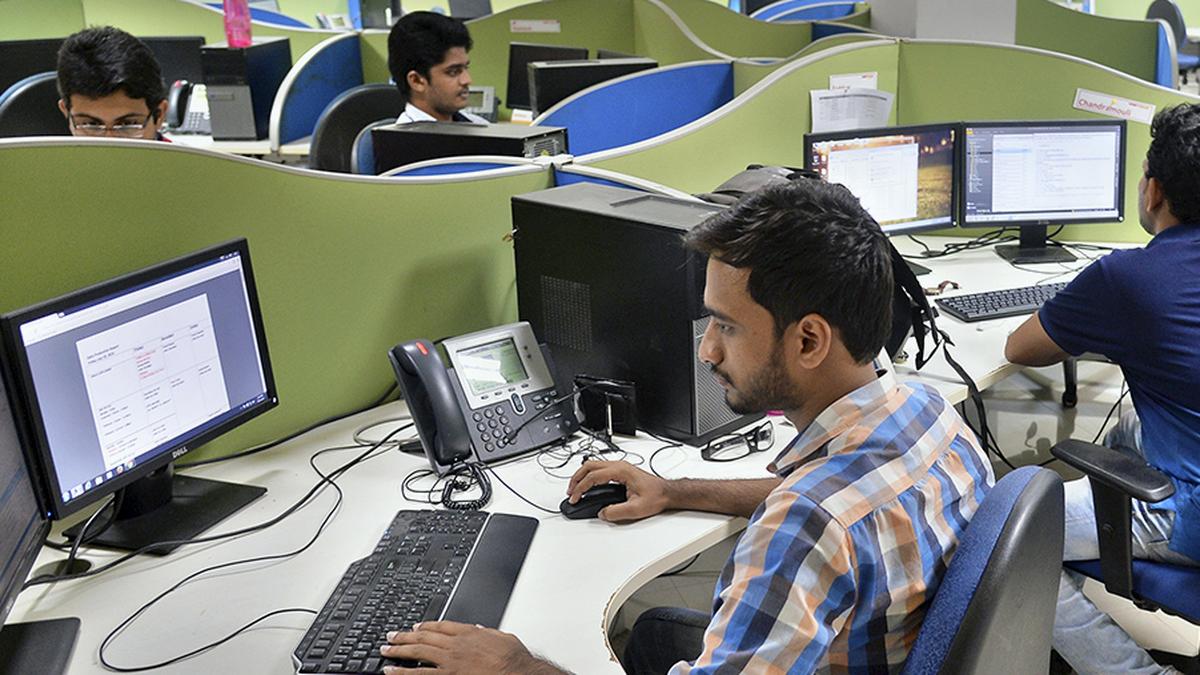Now Reading: Omar Abdullah Reveals Eight Months of Silent Struggle
-
01
Omar Abdullah Reveals Eight Months of Silent Struggle
Omar Abdullah Reveals Eight Months of Silent Struggle
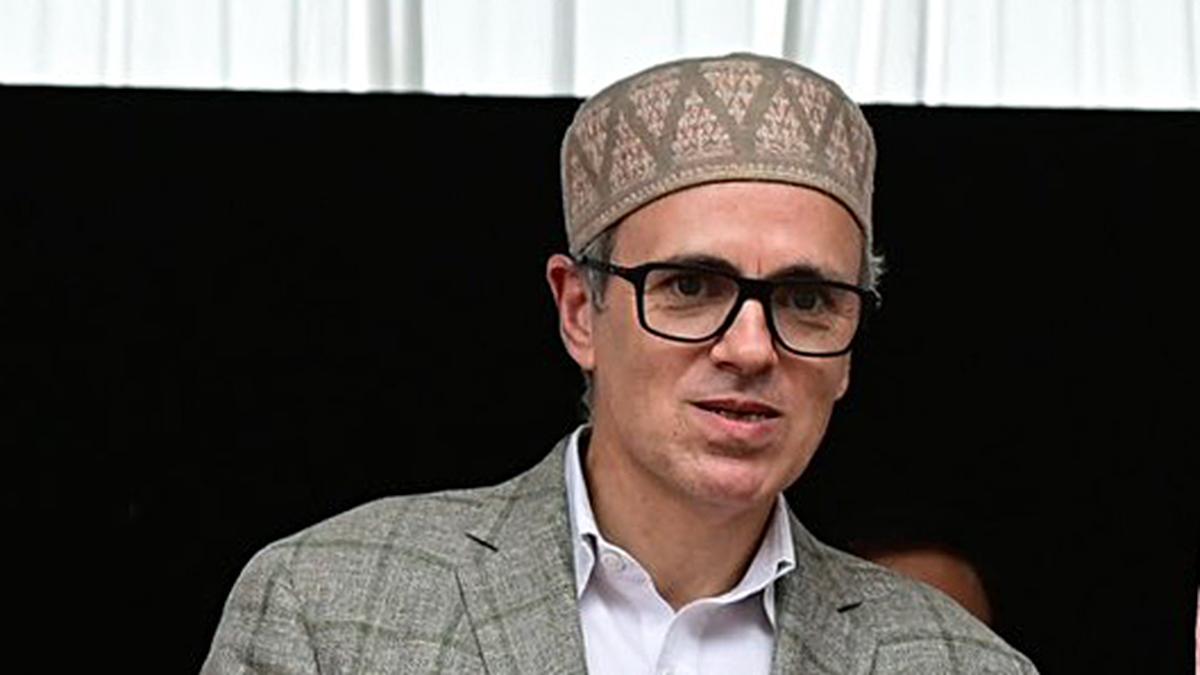
Quick Summary:
- Event: Chief Minister Omar Abdullah of Jammu and Kashmir openly criticized Governor Manoj Sinha at an event in Srinagar, claiming eight months of silent suffering under his governance.
- Incident: On July 14, Mr. Abdullah was prevented by security measures from visiting a graveyard where civilians killed during the 1931 uprising against the dogra rule are buried. Dramatic footage showed him scaling a wall and being confronted by police officers.
- Response: National leaders like Tamil Nadu CM M.K. Stalin, West Bengal CM Mamata banerjee, Samajwadi Party president Akhilesh Yadav, and RJD leader Tejashwi Yadav condemned the incident.
- Deputy CM Remarks: Jammu and Kashmir Deputy Chief Minister Surinder Choudhary referred to actions against Omar Abdullah as “an insult to democracy” and called for accountability from L-G Manoj Sinha.
- Context: This marks the strongest criticism of Mr. Sinha’s governance as Omar Abdullah won elections in October 2024 following prolonged Central rule.
Indian Opinion Analysis:
This cascading confrontation between elected officials of Jammu and Kashmir’s state government and its appointed Lieutenant Governor highlights inherent tensions within India’s federal structure regarding governance in politically sensitive areas like J&K. Preventing an elected leader from engaging in commemorative activities further exacerbates perceptions of mistrust between State leadership autonomy and Central oversight through appointed representatives.
The strongly-worded reactions from national leaders underline broader concerns over democratic institutions’ integrity when regional constitutional mandates appear overridden or constrained in practice. These events may reignite calls for restoring statehood to Jammu & Kashmir as they showcase recurring friction where administrative authority overlaps with political representation.
Read more: Original Article Link


